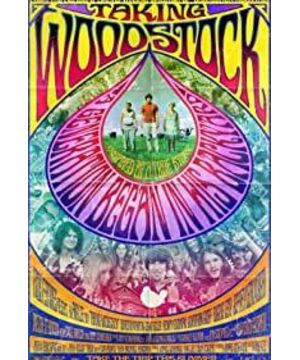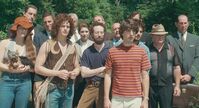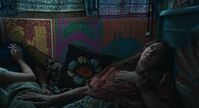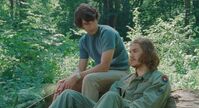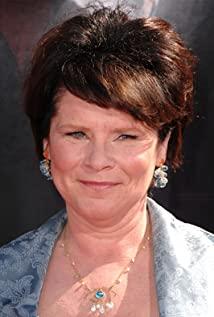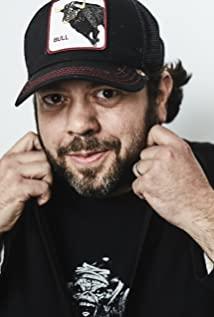This film is the third of Ang Lee's early films I've seen so far (the first two I've watched completely are "Diet Men and Women" and "Pushing Hands"). The more direct impact of this film is the visual performance - using Documentary and film lens methods, on the one hand, can give you a sense of substitution, and on the other hand, give people a feeling of examining this state. The content and plot push is driven by engineering the festival, around the changes surrounding the festival and Elliot. Because the core is hippies, but hippies are not so full - showing the background and characteristics of the times in some subtle ways, such as news broadcasts, costumes, marijuana, same-sex relations, parades, and implied sexual liberation - said Inadequate, because I feel the lack of content to express the hippie, is it that "love and peace" is its core? I can't answer it myself!
There are a few details in this movie that make me feel relieved: 1) When you choose to turn back when you are stuck with the fetters of reality. Because of something, one day the "fetters" say this is my life and you should have yours. I think we can all go to the "center of the universe" to see the scenery. 2) No matter how dead people are, they always need to make a choice to move forward in order to see the change of things - to choose to invite the boycotted concert person in charge, to choose to try "grass", to choose to pack luggage, to choose to understand . 3) One of the things that makes me feel a little sad, when Elliot asks why his father can live with his mother for 40 years, his answer is because of love! I just want to say WTF!
View more about Taking Woodstock reviews


